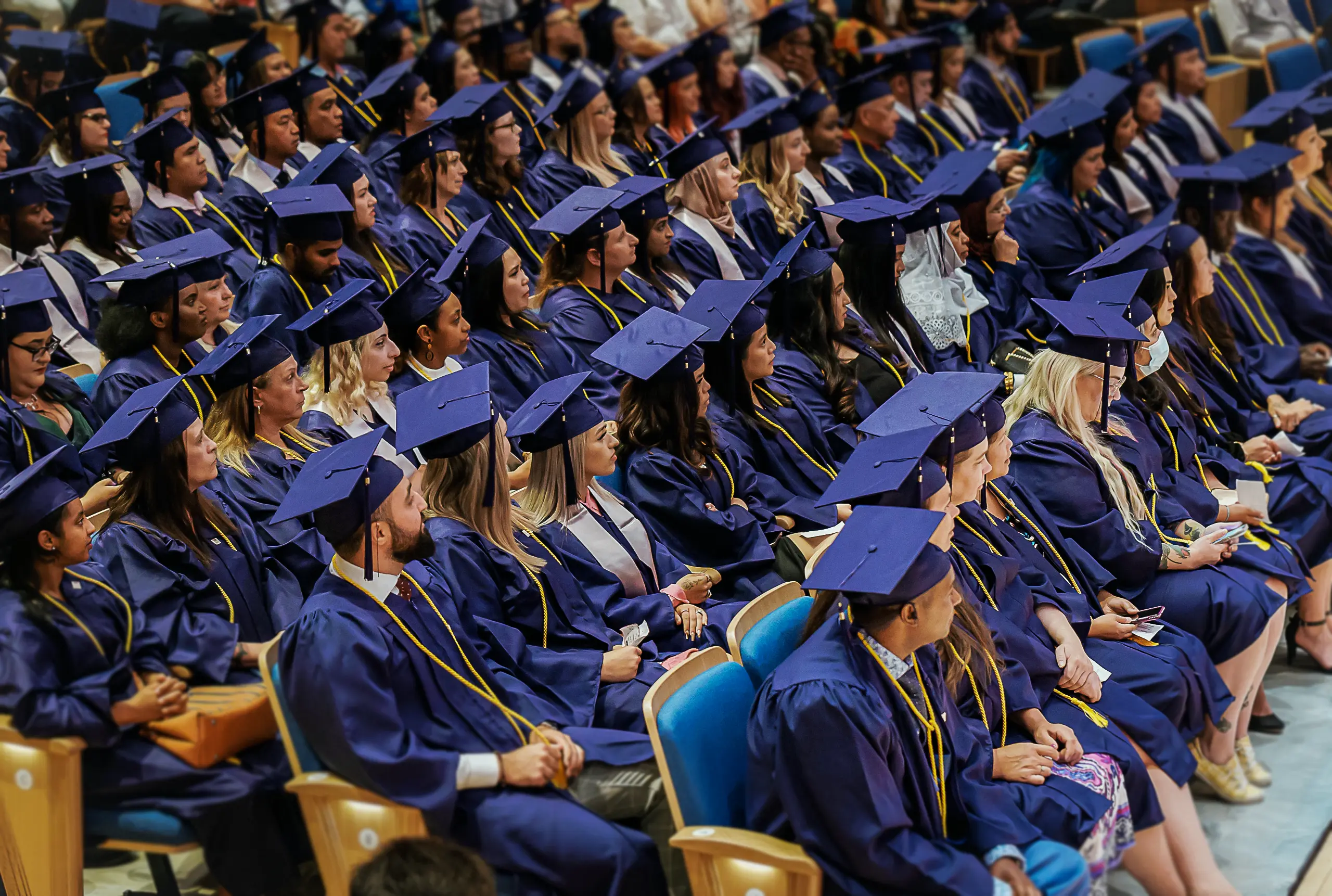- Standard Admissions:
- Successful completion of English 30-1 or 30-2 or equivalent verified by transcript
- OR
- Successful completion of the General Equivalency Development test (GED) with a standard score of 520 in Language Arts: Reading and Writing verified by transcript
- OR
- Successful completion of the CDI College Admissions Test
Please note: Course credit for work experience or training completed at other institutions is not permitted for the CDI College Early Learning and Childcare Certificate program.
- Mature Admissions
- Be at least 19 years of age prior to admission
- Practicum Requirements
- Clear Police Information Check (PIC) with a Vulnerable Sector Search (VSS)
-
Early Learning and Child Care Certificate course costs
-
Tuition $8,462.00
-
Books $1,022
-
 AB
AB





















